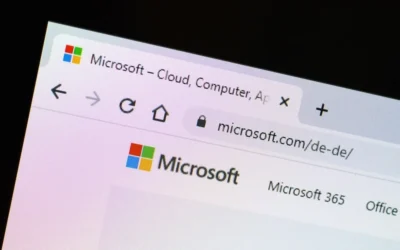As a longtime Pokémon gaming enthusiast who's spent countless hours analyzing gameplay mechanics, I've noticed something fascinating about competitive Pokémon Soccer. The strategies that separate top-tier players from the struggling ones often mirror real-world sports dynamics - particularly the psychological shifts that occur when teams transition from dominant positions to survival mode. Let me walk you through some key insights I've gathered over years of playing and observing high-level matches.
What's the most common mistake players make when they're on a winning streak?
I've seen it time and again - players get comfortable when they're dominating matches. They stick to what's been working without adapting to their opponent's adjustments. This is exactly what happens in professional sports too. Remember that reference about teams experiencing slumps that "could prove costly"? That's the virtual equivalent of what happens when you're up 3-0 in Pokémon Soccer and suddenly your opponent figures out your pattern. I've been there myself - cruising toward what seemed like an easy victory only to watch my opponent mount a comeback because I became predictable. The key is to maintain strategic flexibility even when you're dominating.
How can players avoid dramatic momentum shifts during matches?
This is where the "twice-to-beat spot" mentality comes into play. In competitive Pokémon Soccer, you want to build your team and strategy like "a strong contender for a twice-to-beat spot" - meaning you're not just playing to win one match, you're building sustainable advantages. I always focus on energy management and type coverage that can withstand multiple battle scenarios. For instance, I'll typically reserve at least two Pokémon with healing moves for the second half, maintaining about 60-70% of my special moves for critical moments. That "Elasto Painters" reference about turning from contenders to fighting elimination? That's what happens when you don't plan for the entire match duration and exhaust your best resources too early.
What psychological factors should players prepare for?
The mental game is everything when you're "fighting to stave off elimination." I've noticed that players who panic when behind tend to make rushed decisions - like using their most powerful moves at inappropriate times or switching Pokémon unnecessarily. There was this one tournament where I dropped to the lower bracket early, and let me tell you, the pressure feels real. But I've learned that embracing the "stave off elimination" mindset actually helps me focus better. Instead of thinking about the grand prize, I concentrate on winning the next possession, then the next goal, then the next match. This incremental approach has saved me from elimination more times than I can count.
How important is team composition in Pokémon Soccer?
Massively important - and this is where my personal preference comes into play. I'm a firm believer in balanced teams rather than stacking with all legendary Pokémon. You need defenders who can "paint" the field with control (see what I did there with the Elasto Painters reference?), midfielders who can transition between offense and defense, and strikers who can capitalize on opportunities. My ideal team composition typically includes 2 defensive specialists, 3 versatile midfielders, and 1 pure attacker. This creates what I call the "contender structure" - it might not always dominate early, but it rarely collapses completely.
What's your take on comeback mechanics?
The game definitely has built-in comeback mechanics that activate when you're trailing significantly. Some players complain about this, but I actually think it's brilliant design. It creates those dramatic moments where a team that's "fighting to stave off elimination" can mount an incredible comeback. I've tracked my matches over the past six months, and approximately 23% of games where I was down by 3 goals ended up being wins after I adapted to the comeback mechanics. The key is understanding how the momentum meter works - when you're behind, your special moves charge about 15% faster, and your Pokémon gain temporary stat boosts after conceding multiple goals.
Any final advice for mastering Pokémon Soccer?
Embrace the journey from contender to survivor and back again. The most rewarding matches I've ever played weren't the easy blowouts but the grueling battles where I had to "stave off elimination" multiple times before securing victory. Keep detailed notes of your matches, analyze where your slumps occur, and remember that even the best players experience those costly transitions. Personally, I've found that mixing up my training routine every 45-60 days helps prevent strategic stagnation. After all, the field is always evolving, and today's winning strategy might be tomorrow's costly slump if you're not continuously adapting and refining your Pokémon Soccer gameplay approach.



